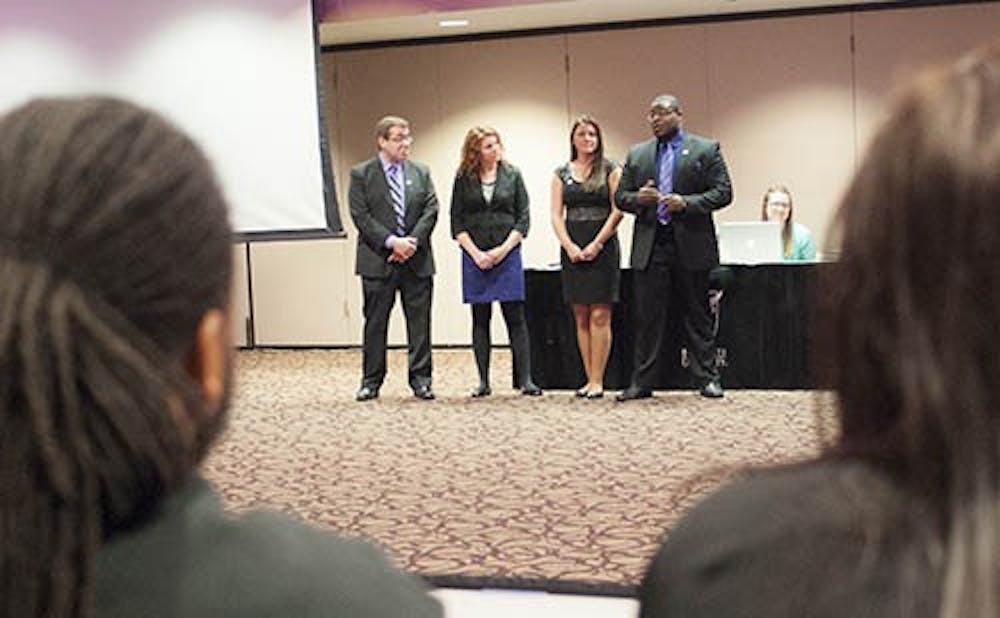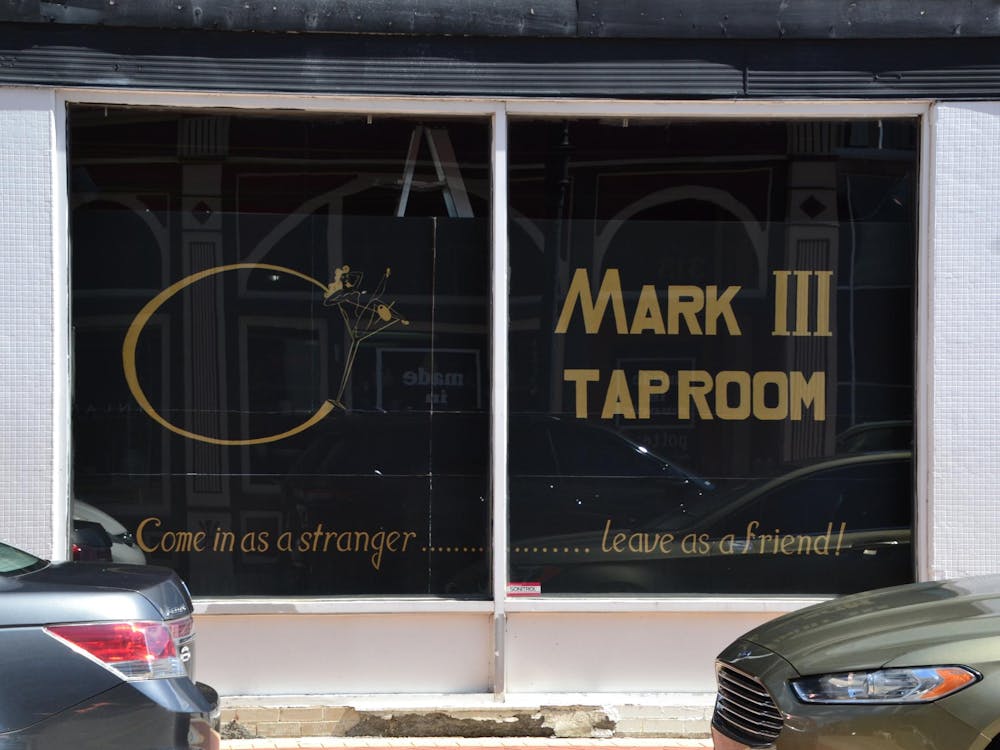National Cyber Security Awareness Month is mobilizing information technology experts across the country, but cyber safety is ultimately the responsibility of anybody who touches a keyboard.
Deb Howell, assistant director of Ball State information security operations, said students and others need to avoid phishing scams and other common hacking efforts and not depend on others to protect them.
“Someone always assumes that someone else is taking care of it,” she said.
Hacking victims have included Twitter and some of the country’s other best-known social network companies, as well as units of government including the state courts office in Washington state last fall.
In that Washington court case, as many as a million driver’s license numbers and 160,000 Social Security numbers were exposed, according to The Associated Press.
“Our country will, for example, at some point, face a major cyber event that will have a serious effect on our lives, our economy and the everyday functioning of our society,” Janet Napolitano, former secretary of Homeland Security, said in August.
National Cyber Security Awareness Month is intended to alert computer users to the threat of online attacks and provide advice on how to avoid them.
At Ball State, the university reached out to students at Late Nite on Saturday. A booth set up by Howell’s department with the help of the Student Government Association offered games to test students’ knowledge of Internet safety.
Some students have already found out about hacking the hard way.
Zander Franklin, a freshman architecture major, said his email account was hacked and used to send phishing attempts directed at his friends and family. He changed his password, which stopped the attacks.
There may be a bright side to the massive assault on computer security, Howell said.
Students who wish to work in information technology will find plenty of opportunities to help companies strengthen networks against attacks, Howell said.
In the meantime, she said online users should limit personal information they share on social networks and guard their passwords, credit cards and other key information carefully.
“I think people are becoming more aware, but we still continue to see the phishing scams,” she said.
Howell said the scams often result in people giving out their Ball State username and password, forgetting the university’s advice that it will never ask for that information.
“I don’t know how to get students — or even faculty and staff — to understand that you can’t give out your Ball State username and password,” she said.
“We still continue to see those issues, and that’s the big one I wish I could stop.”




